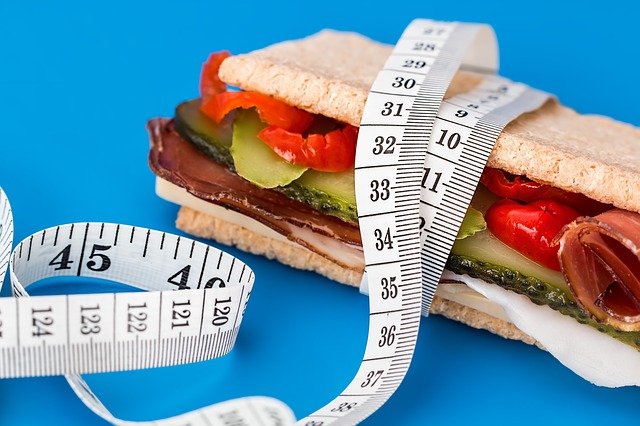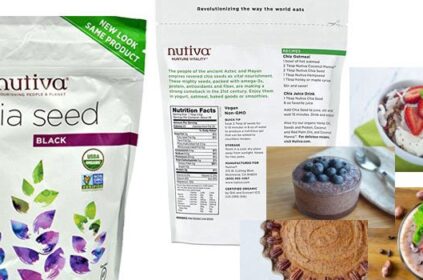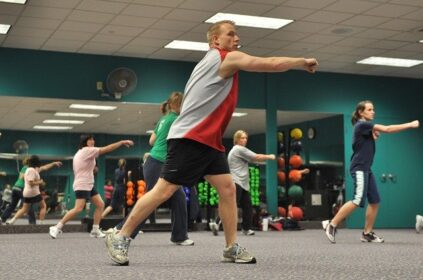Fad diets have continued to be a popular topic in the world of weight loss for decades now, and the reason is simple. Even if it’s something they’ve been thinking about for a while, when most people get the sudden urge to start losing weight, they kick things into high gear and they want results fast.
For a short period of time, most of these people will have super high motivation levels and will be willing to go to extreme lengths–for the short-term–in order to get the weight off. Fad diets cater to this mode of thinking with a solution that they promise is “quick, easy, and brings great results!” From eating a certain type of soup for two weeks to only eating eggs for three days, fad diets range in premise, promise, and difficulty.
Of course, anyone who has tried to lose any substantial amount of weight (i.e., more than 5 pounds) and keep it off knows full and well that these fad diets don’t work, at least not in the long-term. Usually, they’ll result in dropping a few pounds of water weight at most and, at their very best, may lead to a dip on the scale that will be instantly regained as soon as you resume your normal eating patterns.
That’s because they either extremely limit carbs, which results in your body dropping a few pounds of water weight, or they extremely limit calories, which might be effective for a couple of days, but can very quickly lead to a plateau. And that brings us to a very important conclusion: calories are an absolute necessity for weight loss.
Possibly the most extreme case of “quick results weight loss” is fasting. When done solely for the purpose of weight loss, fasting will be a major disappointment and a huge challenge. Whether you choose to fast for 24 hours or even a full three days, the results are similar to the above. Any weight you lose will be regained quickly when your body finally gets to feed its starved self again.
This doesn’t even begin to touch on the binge/diet cycle and the curse of yo-yo dieting that many have suffered from. So, what’s the role of calories in weight loss? It should be a healthy balance. Set a calorie goal for yourself that creates a sight deficit and stick to it. As the saying goes, slow and steady wins the race.






